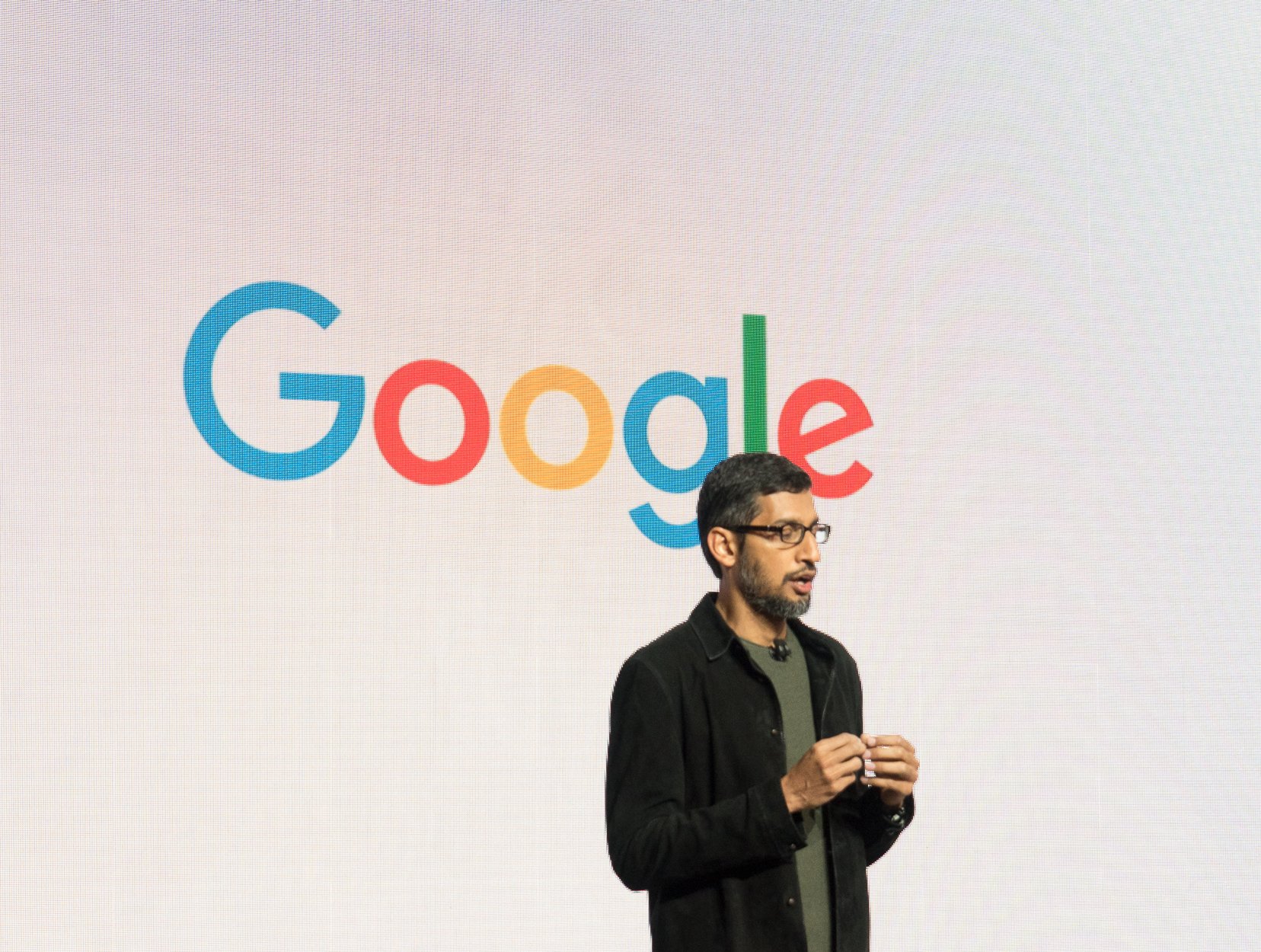Sundar Pichai testifies in Congress, responds to political bias, data collection on Android, and more

Following the likes of Mark Zuckerberg and Jack Dorsey, it was Google CEO Sundar Pichai's turn to testify in front on Congress on December 11, 2018. Pichai was called into Congress to comment on a variety of subjects, including the company's political bias with search results, data collected by Android devices, and much more.
Unsurprisingly, the majority of questions from Republican representatives centered around whether or not a political bias does exist. Republicans argued that Google Search favors liberal/progressive information rather than conservative viewpoints, but Pichai said that this isn't the case.
"We make sure we do so in a non-partisan way."
Pichai said under oath that there isn't a difference in search results from a political viewpoint, but as with all searches, a variety of factors do come into play to determine what people see (such as the time of day a search is done, where a search is entered from a geographic standpoint, etc.). Pichai also reinforced the fact that Google Search results are provided by algorithms, not the company's employees, and that algorithms don't understand or take political biases of any kind into consideration when providing results that people see. Talking about its search results, Pichai said, "We make sure we do so in a non-partisan way."
One representative brought up the point of searching "idiot" on Google Images and the results being primarily images of Donald Trump. In response to this, Pichai said that search results are shown to users based on keywords tagged with pictures, things that are trending/popular, etc. — further reinforcing the idea that algorithms that have been in place for 20 years are responsible for showing results and not individual employees that may have a personal bias one way or another.
Data collection by Android devices was another main focus, specifically whether or not Google collects too much data and if it makes it easy enough for users to control the data that's collected.
In response to this, Pichai told Congress that Google gives its users "transparency, choice, and control" when it comes to their data. Pichai said that data collected from Android phones depends on the apps that are installed and when they're being used (such as a fitness app tracking the steps you take).
"Right now there are no plans for us to launch a search product in China."
As for providing users with tools to understand what data is collected, Pichai told Congress that it regularly reminds people to perform a privacy check-up so they can have an understanding of what data is collected and choose to toggle off certain data collections if they so choose.
Get the latest news from Android Central, your trusted companion in the world of Android
The recent Google+ data breaches were also brought up during the hearing, and in response to this, Pichai reiterated that the breaches were discovered using its automated testing systems and that there wasn't any evidence of user info being wrongly used during the time it was exposed. As for the legal obligation that Google has when it comes to reporting compromised info (specifically when financial information isn't compromised), Pichai said users are notified within 72 hours of any breaches.
And, in regards to Google entering the Chinese market with a censored version of its search engine, Pichai said:
Right now there are no plans for us to launch a search product in China.
Some other points from the testimony include the following:
- Google does not choose conservative voices over liberal ones (and vice versa).
- Hate speech that incites violence is removed from YouTube.
- Google is "very committed" to promoting diversity within YouTube.
- Google does not sell user data as the practice is against its policies.
Did you watch the testimony today? If so, what's your takeaway from it? Sound off in the comments below.

Joe Maring was a Senior Editor for Android Central between 2017 and 2021. You can reach him on Twitter at @JoeMaring1.
